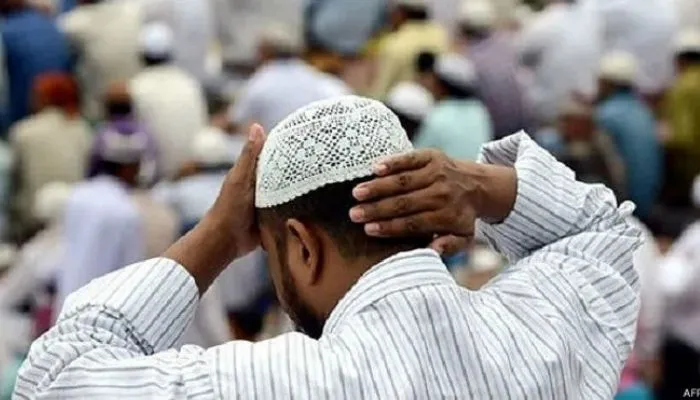If you are curious about Hinduism, you may be tempted to read about its deities, worldly aspects, and influences on other religions. However, you may be hesitant to explore these topics unless you have a strong background in the subject. The following article explains some basic information about Hinduism and some of its deities. If you are curious about Hinduism, you may also be interested in the Hindu funeral rituals.
Hinduism
While most people associate Hinduism with the worship of gods, it actually has many contradictions. It is a religion of non-duality that emphasizes the importance of the pursuit of right thoughts, words, and deeds. According to Hinduism, evil exists only because people are ignorant of the good and fail to seek it. The purpose of life is to recognize good and pursue it. While this may seem contradictory, Hindus believe that the world is full of contradictions, and that these conflicts should be resolved through meditation.
The Hindu religion recognizes a Supreme Being, known as Brahman. According to Hindu belief, the Supreme Being is eternal, limitless, and all-encompassing. It is also the essence of everything in the universe. The Hindus believe that the Vedas reveal Truth in all its forms, including human beings. The Vedas declare that Truth is one. However, this belief is not universal and can vary from one Hindu community to the next.
Although Hinduism is a living religion, it cannot be understood without a background in history. Its early texts and events cannot be precisely dated, but the general chronology is fairly clear. The Hindu tradition began in ancient India and spread throughout the world. The concept of the god Vishnu has been used to explain the evolution of Hinduism. Historically, it can be understood as a concept or an ideal. In a modern context, Hinduism is often characterized as a religion, a tradition, or both.
Its influences on other religions
The Hindus are an interesting case study of influences of religion on culture. Despite being known for their militant opposition to Islam, they were initially a religious community that aimed to unite Hindus and Muslims. In fact, Guru Nanak was influenced by Islam, noting that his spiritual teacher was the Hindu Kabir. His emphasis on the will of God and his tendency to postulate unity reveal his debt to Islam.
Its rituals
The Purvamimamsa system of Hunhuism’s rituals is the indigenous theory of the religion. This theory claims that ritual is a means of communication between gods and humans. The Purvamimamsa system consists of three major parts: the athiratram (a prayer) and the dhyana (sacred chanting).
Its dharma
Dharma is a central concept in four major Indian religions: Hinduism, Buddhism, Sikhism, and Jainism. Buddhists use dharma to mean the teachings of the Buddha, while Hindus use the post-colonial term Hinduism. Western definitions of dharma can miss important aspects of Asian traditions. Here are some definitions of dharma and Hinduism.
The word dharma comes from the Sanskrit root ‘dhri,’ which means ‘to uphold’. It is the natural and spiritual principles of life that sustain the human condition and the world around us. Dharma is closely linked to the Veda, the knowledge of the nature of things and our capacity to perceive them. If dharma is the way to live, then life is a Dharma.
The five elements of nature (earth, water, fire, and air) are all part of dharma, the natural way for these elements to function. These elements are used to shape the seasons, the three worlds, and the atmosphere. Besides these, other aspects of the cosmos, such as energy and matter, are shaped by dharma. If you want to experience a life of inner peace and tranquility, practice dharma.
Dharma is a system of truths and principles that governs the entire cosmos. The guiding principle of dharma is to follow what is good for us. We must do our part to make the world a better place for all. When we are in harmony with dharma, we are in harmony with others and benefit society. Otherwise, our doshas will be disrupted and we will be destined for failure and despair.
